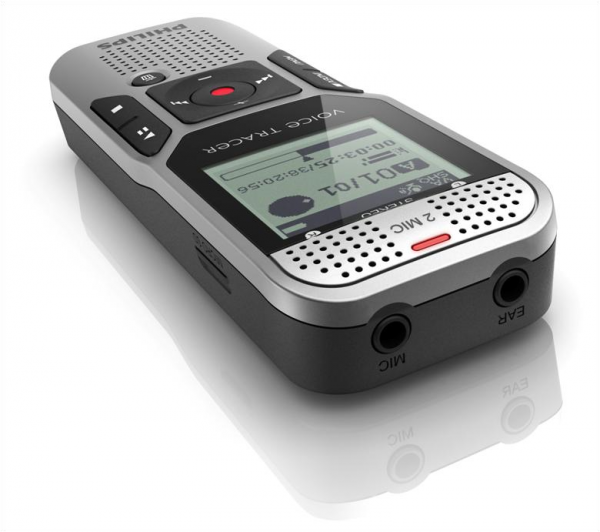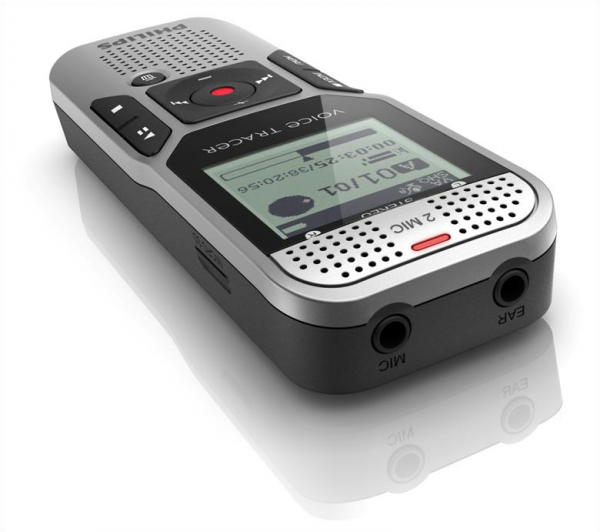With the advent of digital voice recorders, it has never been easier to capture sound and process audio files. These gadgets have many benefits when it comes to capturing spoken text, especially that which requires typed transcripts for backups. To begin with, voice recorders are very compact, thus making them portable and easy to use. They also record high quality audio in digital format, which is usable on a computer instantly.
What’s more, voice recording can be very convenient in situations when using pen and paper may not be the ideal way to scribble down some notes. Most importantly, digital audio recorders have a wide range of personal and professional uses.

Below are some of the most common applications for these gadgets.
Live Dictations
Voice recorders come quite in handy when it comes to recording dictations for notes that will later on require transcription. For instance, medical professionals who lack time to enter records manually can simply use an audio recorder to dictate specific patient details such as ailments and treatment data. Business executives save time as well by dictating letters, memos and notes, which can later be transcribed into text.
Court Proceedings
Another instance when voice recorders are essential tools is during legal proceedings. In the old days, courtrooms would have typists transcribing live trial sessions. More often than not, these typists would resort to shorthand transcription due to the fast pace nature of natural human speech. Final transcripts in such cases would have many errors that require a lot of editing or some information would be missing.
By using voice recorders, it is easy to capture every word during hearings, thereby increasing the accuracy and completeness of legal transcripts. Attorneys also make use of voice recorders quite often when taking witness statements.
Lecture Recordings
In recent years, audio recorders have made their way into lecture halls as college students simply find it more convenient to record lessons instead of writing notes. The usefulness of digital voice recorders in learning settings is twofold. First, students can avoid missing an important class by providing their digital recorders to classmates who then capture a lecture on audio.
The absent student can later on listen to the audio lesson and even have it transcribed in order to keep a hard copy of the lecture. Secondly, lecturers can create audio lessons even in their absence so that lessons do not come to a halt.
Interviews
Journalists are among the professionals that rely on voice recorders the most when conducting interviews. Much of this has to do with the fact that they are tasked with providing direct quotations from respondents, which are not always easy to capture through notes. Digital audio recording devices not only make it easy for journalists to record interviews, but also for news editors when creating scripts and presentations.
Whether used to capture dictations, judicial proceedings, lectures, meetings, or interviews, digital voice recorders are simply indispensable tools when it is impractical to use pen and paper. Thanks to these gadgets, creating accurate and complete transcripts has also become an easier task than ever before.
This article was authored by Cameron Fisher, a blogger based in the UK. She provides useful content related to technology and transcription services. If you want to find a reliable audio typing company to transcribe your audio recordings, Cameron invites you to click here.



